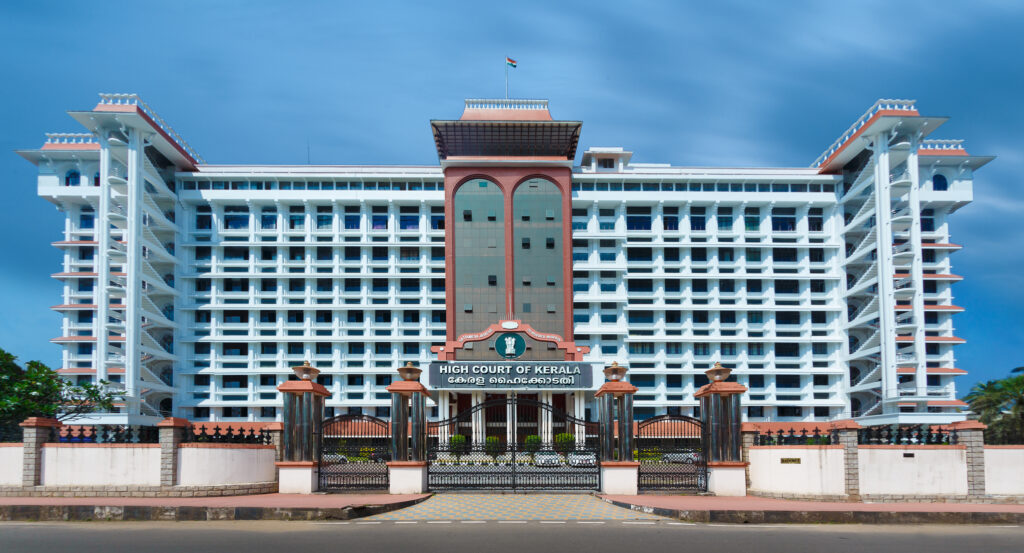The Kerala High Court stated that being found not guilty of abetting suicide under Section 306 of the IPC does not automatically mean a person is also not guilty of cruelty under Section 498A of the IPC.

The Kerala High Court noted that being acquitted of abetment of suicide under Section 306 of the Indian Penal Code (IPC) does not automatically mean a person is also acquitted of cruelty under Section 498A IPC, as these are separate offenses. This statement came during a criminal appeal by the accused, who was contesting his conviction and sentence from the Trial Court under Section 498A IPC. Justice Sophy Thomas, in a Single Bench, stated that offenses under Sections 306 and 498A IPC are distinct and require separate charges. It is possible to have charges under both sections at the same time, and a person can be convicted and sentenced under both separately. An acquittal under Section 306 IPC does not imply acquittal under Section 498A IPC, and vice versa.
The Bench further explained that even if the accused was only charged under Section 306 IPC and found not guilty, it is still valid to convict him under Section 498A IPC if the evidence supports that charge, provided the details in the Section 306 charge show that all necessary elements for Section 498A were present.
Initially, the accused was charged with an offense under Section 306 IPC. The prosecution claimed that he was in a live-in relationship with the deceased and had a role in her suicide in 2005. After the case was committed and the accused appeared in the Trial Court, he was charged under Section 306 IPC, to which he pleaded not guilty and requested a trial. He denied all accusations and claimed that they were in love, living together happily, and had two children. It was alleged that the deceased made negative comments about a neighbor, which led the accused to scold her.
One day, the accused went to work, and when he returned home, he learned that his wife had taken her own life by ingesting poison. The Trial Court determined that there was not enough evidence to prove that the accused had encouraged his wife’s suicide, leading to his acquittal under Section 306 of the IPC. However, based on witness testimonies, the Trial Court concluded that the accused had been cruel to his wife, both mentally and physically, which constituted an offense under Section 498A of the IPC. As a result, he was convicted of that charge. Upset by this decision, he appealed to the High Court. The High Court reviewed the case and noted, “The evidence shows there were no specific claims of cruelty that led the deceased to suicide, only vague statements of harassment against the accused. Although one witness claimed the accused assaulted the deceased, she never filed any complaints about the cruelty she faced.”
The Court pointed out that the prosecution failed to demonstrate that the deceased experienced cruelty or harassment from the accused. “Witnesses clearly stated that there was no formal marriage between the accused and the deceased; they were in a live-in relationship. Therefore, Section 498A of the IPC does not apply to the accused,” it stated. The Court also mentioned that if the accused had met the criteria for a charge under Section 498A, it would not have been unjust for him to be convicted under that section, even without a separate charge for it.
The case showed that there was a failure of justice in convicting the appellant under Section 498A of IPC because he was not informed about the charge and did not have a chance to defend himself. Therefore, the High Court accepted the appeal and overturned the conviction of the accused.
Cause Title- Suresh v. State of Kerala (Neutral Citation: 2024:KER:80744)
Appearance:
Appellant: Advocates Renjith B. Marar and Prabhu Vijayakumar.
Respondent: Public Prosecutor M.C. Ashi









